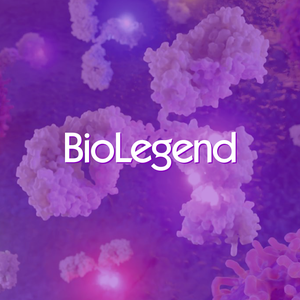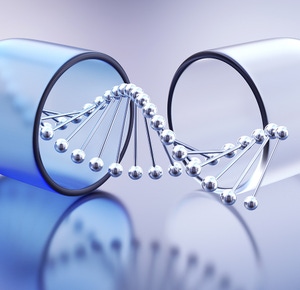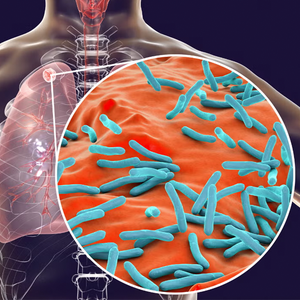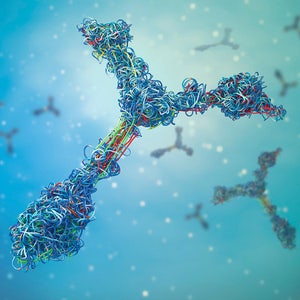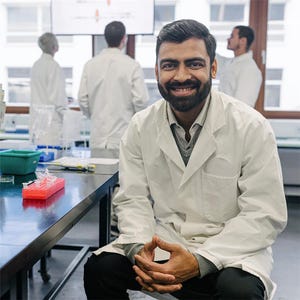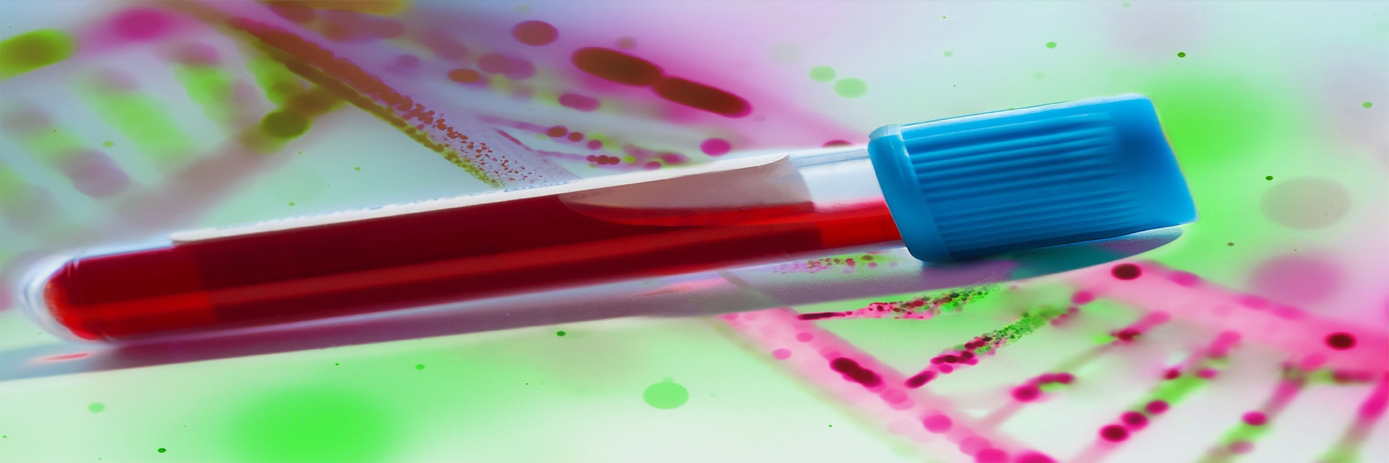Increasingly, we are realizing that every tumor is different, meaning that a one-size-fits-all approach to cancer treatment will be ineffective. Multiple techniques are needed to unpick the factors underlying tumor heterogeneity and to improve treatment efficacy.
One notable technique is the utility of liquid biopsies to provide real-time insights into tumor evolution and treatment response. Liquid biopsies are particularly useful for analyzing metastatic tumors since it is often difficult to access the primary tumor tissue for analysis.
This was the topic of conversation in a recent panel discussion with Dr. Dominique Heymann, University Hospital Professor at Nantes Universite, Dr. Juha Rantala, CEO of Misvik Biology, Dr. Nikolaus Krall, Vice President Precision Medicine at Exscientia, and Dr. Mike Sheldon, Senior Director Scientific Affairs at Sampled. The panelists discussed the challenges associated with working with liquid biopsies and balanced out the advantages and limitations.
Early identification of patient responders using liquid biopsies
Liquid biopsies are a noninvasive diagnostic approach to gain insights into how a patient’s own unique disease is progressing or responding to treatment. Dr. Krall believes you can utilize liquid biopsies to get an indication of whether a patient will respond to a particular treatment relatively early, and even predict whether they will be a long-time responder. This is incredibly important for therapy developers as they might not have to wait until they have final trial data if a biomarker is detected that is sufficiently validated and there is a clear correlation to response.
Monitoring the inaccessible and visualizing the full landscape
By the time a patient presents, the primary tumor, which typically can be easily accessed, has often metastasized. Here, liquid biopsies are one of the only ways to understand the disease. Dr. Heymann explained: “The metastatic site is frequently not accessible, so you have to decide how to stratify patients without access to the tumor. In that case, blood samples containing circulating tumor DNA or tumor cells are a good solution.”
Fragments of tumors find their way into the bloodstream either as circulating DNA (ctDNA), which is discarded during cell turnover and death, or as whole circulating tumor cells (CTCs), which are shed from the primary or metastatic site. Both provide critical information about disease progression.
Monitoring ctDNA mutations is a simple approach to monitor minimal residual disease while CTCs provide details on tumor heterogeneity and clonal evolution, which in turn provides information about any resistance mechanisms developing within the patient.
Although methods for isolating and analyzing CTCs and ctDNA are relatively established, it can be challenging to detect the full landscape of CTCs due to the lack of universal pre-enrichment. “The main problem we have at this time for CTCs is the challenge of isolating, for instance, one cell in 10 milliliters of blood,” explained Dr. Heymann. “We must enrich the samples beforehand to isolate circulating tumor cells.”
Despite this, technological advances such as digital droplet PCR have made liquid biopsy more precise and sensitive and are being deployed within large-scale studies to identify ctDNA markers for many cancers.
Ensuring quality uniformity
One factor preventing the widespread adoption of precision medicine approaches is human processor heterogeneity. “We must address the historical landscape of human biosample collection and processing for clinical research that is widespread and disparate,” explained Dr. Sheldon, adding that if every hospital or research institution has its own methodologies, it is hard to make large-scale comparisons which are vital for precision medicine adoption.


